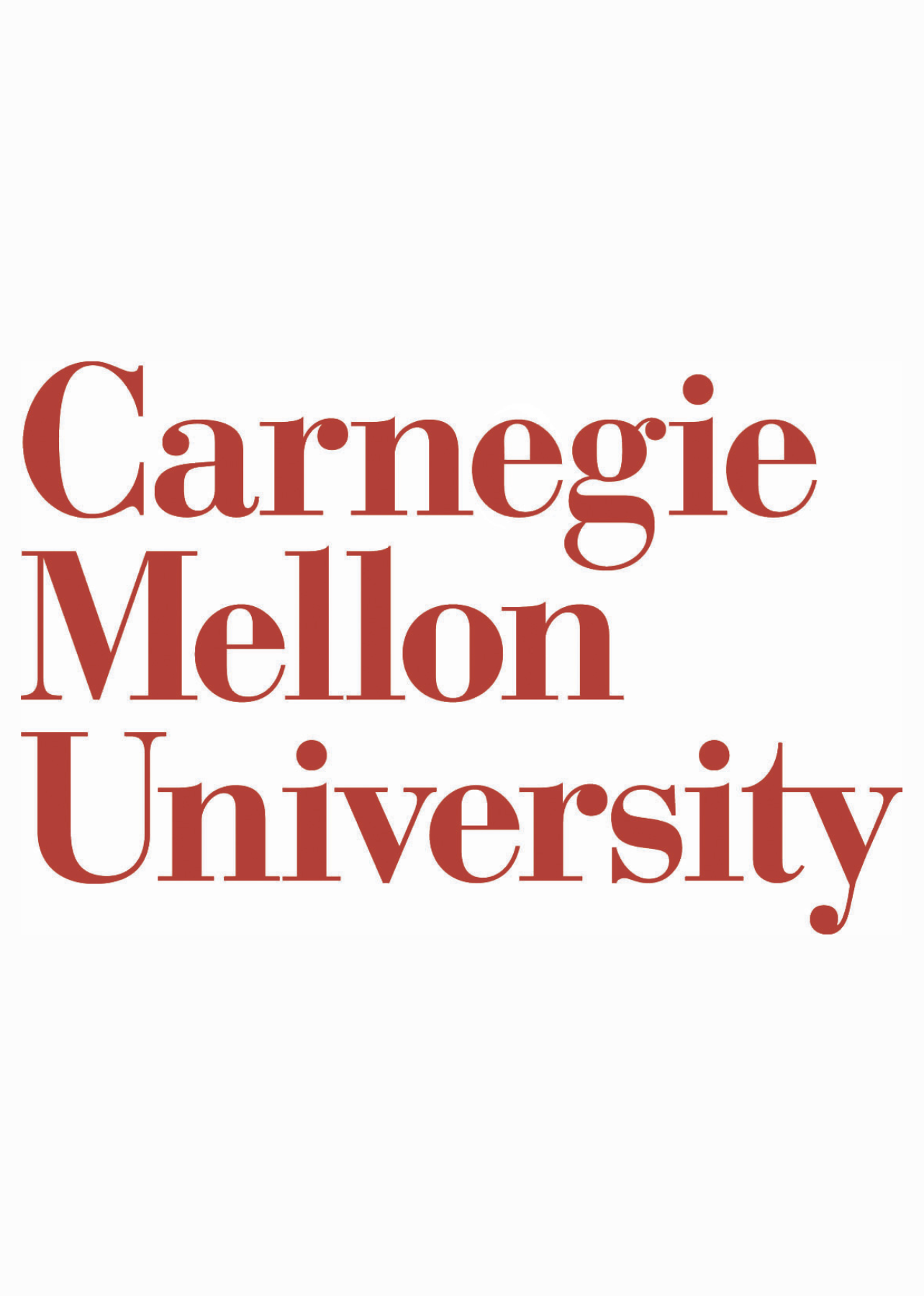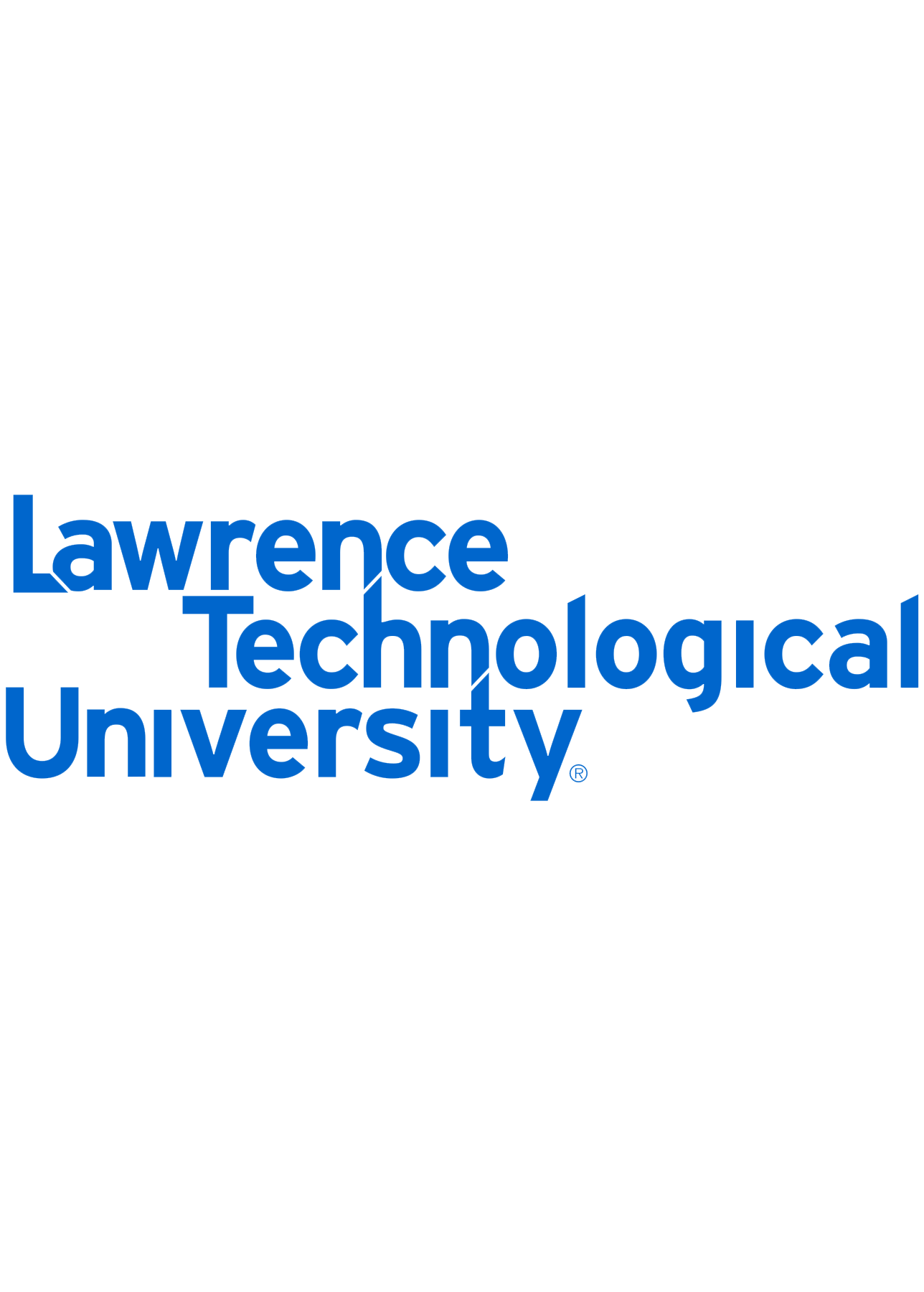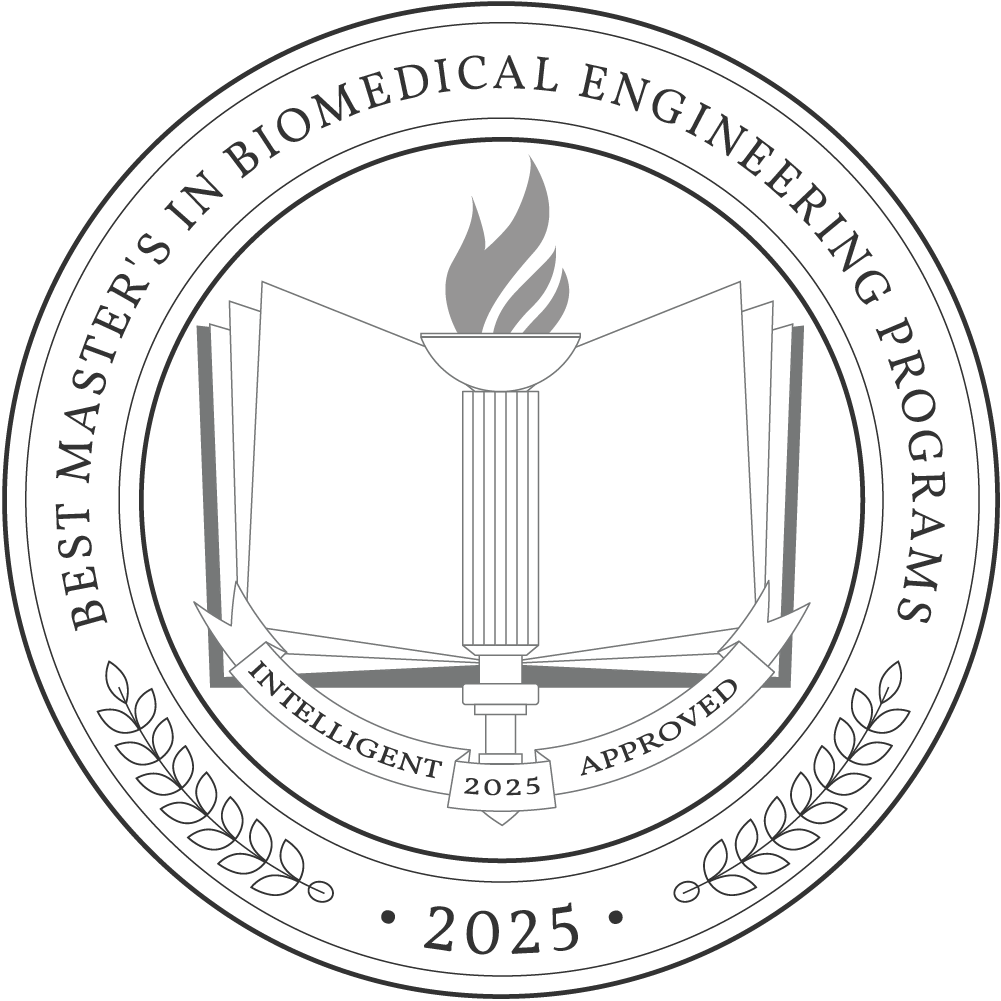Biomedical engineering programs equip students with the skills and knowledge to develop innovative solutions for healthcare challenges, integrating principles of engineering and biology. Graduates can pursue various roles in the biomedical industry, including biomedical engineer, medical device designer, or research scientist. According to the U.S. Bureau of Labor Statistics, a biomedical engineer makes a median salary of $99,550 a year, with the top ten percent earning more than $159,130.
Typically, completing a master’s in biomedical engineering takes about 1.5 to two years of full-time study, covering advanced coursework and potentially with a thesis or research project. The average cost of these programs can vary widely depending on factors like program reputation, location, and format, but it generally ranges between $12,000 and $30,000.
Why Trust Us
The Intelligent.com Higher Education Team is dedicated to providing students with independent, equitable school and program rankings and well-researched resources. Our expert-driven articles cover topics related to online colleges and programs, paying for school, and career outlooks. We use data from the U.S. Department of Education’s College Scorecard, the National Center for Education Statistics, and other reputable educational and professional organizations. Our academic advisory team reviews content and verifies accuracy throughout the year for the most current information. Partnerships do not influence rankings or editorial decisions.
- Analyzed over 2,000 national, accredited, and nonprofit colleges and universities
- 800+ rankings pages are reviewed and updated yearly
- Content is informed by reputable sources, surveys, and interviews with academic advisors and other experts
- Over 100 data points are reviewed for accuracy and quality throughout the year, including sources
How we rank schools
Our list features the best Master’s in Biomedical Engineering degree programs at top colleges nationwide. Each school featured is a nonprofit, accredited institution — either public or private — with a high standard of academic quality for post-secondary institutions.
We evaluated each school’s program on tuition costs, admission, retention and graduation rates, faculty, reputation, and the student resources provided for online students. We collected data from trusted sources like the National Center for Education Statistics, individual school and program websites, school admissions counselors, and other data sources. Then, we calculated the Intelligent Score on a scale of 0 to 100 based on the following criterion:
Academic Quality:
- Admission rate versus enrollment rate
- Retention rate of students who return after year one
- Accreditation status (regional and programmatic)
- Nonprofit status, both private and public institutions
Graduation Rate
- Overall graduation rate
- Total number of currently enrolled students, including diversity metrics
- Student-to-faculty ratio
Cost and ROI
- In-state and out-of-state per-credit tuition rates and fees
- Required credits to graduate
- Earning potential after graduation
- Availability of federal student loans, scholarships, and other financial aid options
Student Resources
- Available student services for online-only and hybrid programs
- On-campus amenities like tutoring centers and the number of libraries
Read more about our ranking methodology.
Best 50 Accredited Master’s in Biomedical Engineering Degree Programs
FiltersInstitution Type
Status
- Intelligent Score
- Alphabetically By University Name
- Acceptance Rate
- Enrollment
- In-state Graduate Tuition
- Out-of-state Graduate Tuition
- In-state Undergraduate Tuition
- Out-of-state Undergraduate Tuition

Johns Hopkins University
Intelligent Score: 98.89In-state: $54,160
Out-of-state: $54,160
In-state: $57,010
Out-of-state: $57,010
SAT: 1470-1560
ACT: 34-36
$2,095
On-Campus
Middle States Commission on Higher Education
30

Duke University
Intelligent Score: 98.88In-state: $55,880
Out-of-state: $55,880
In-state: $57,900
Out-of-state: $57,900
SAT: 1470-1570
ACT: 34-35
$2,749
On-Campus
Southern Association of Colleges and Schools Commission on Colleges
30

Massachusetts Institute of Technology
Intelligent Score: 97.70In-state: $53,450
Out-of-state: $53,450
In-state: $53,450
Out-of-state: $53,450
SAT: 1510-1580
ACT: 34-36
$453
On-Campus
New England Commission of Higher Education
66

Georgia Institute of Technology
Intelligent Score: 96.54In-state: $28,106
Out-of-state: $49,218
In-state: $27,898
Out-of-state: $27,898
SAT: 1370-1530
ACT: 31-35
Resident: $756
Non-Resident: $1,847
On-Campus
Southern Association of Colleges and Schools Commission on Colleges
30

University of Michigan - Ann Arbor
Intelligent Score: 96.42In-state: $16,520
Out-of-state: $53,669
In-state: $24,344
Out-of-state: $24,344
SAT: 1340-1520
ACT: 31-34
Resident: $1,766
Non-Resident: $3,277
On-Campus
Higher Learning Commission
30

Cornell University
Intelligent Score: 95.94In-state: $58,586
Out-of-state: $58,586
In-state: $29,500
Out-of-state: $29,500
SAT: 1400-1540
ACT: 32-35
$1,750
On-Campus
Middle States Commission on Higher Education
30

Boston University
Intelligent Score: 95.52In-state: $56,854
Out-of-state: $56,854
In-state: $56,854
Out-of-state: $56,854
SAT: 1310-1500
ACT: 30-34
$1,994
On-Campus
New England Commission of Higher Education
36

Columbia University
Intelligent Score: 95.17In-state: $57,864
Out-of-state: $57,864
In-state: $49,024
Out-of-state: $49,024
SAT: 1460-1570
ACT: 33-35
$2,462
On-Campus
Middle States Commission on Higher Education
30

Brown University
Intelligent Score: 94.56In-state: $59,254
Out-of-state: $59,254
In-state: $59,254
Out-of-state: $59,254
SAT: 1440-1560
ACT: 33-35
$2,462
On-Campus
New England Commission of Higher Education
30

George Washington University
Intelligent Score: 92.74In-state: $55,961
Out-of-state: $55,961
In-state: $31,770
Out-of-state: $31,770
SAT: 1270-1450
ACT: 30-33
$2,130
On-Campus
Middle States Commission on Higher Education
30

Carnegie Mellon University
Intelligent Score: 92.26In-state: $57,560
Out-of-state: $57,560
In-state: $46,441
Out-of-state: $46,441
SAT: 1460-1560
ACT: 33-35
$724
On-Campus
Middle States Commission on Higher Education
36

Northwestern University
Intelligent Score: 92.11In-state: $58,227
Out-of-state: $58,227
In-state: $56,067
Out-of-state: $56,067
SAT: 1430-1550
ACT: 33-35
$1,796
On-Campus
Higher Learning Commission
36-48

Indiana University - Purdue University
Intelligent Score: 90.74In-state: $9,815
Out-of-state: $36,194
In-state: $9,786
Out-of-state: $9,786
SAT: 1120-1350
ACT: 24-31
Resident: $432
Non-Resident: $1,326
On-Campus
Higher Learning Commission
30

Lawrence Technological University
Intelligent Score: 90.28In-state: $35,430
Out-of-state: $35,430
In-state: $17,318
Out-of-state: $17,318
SAT: N/A
ACT: N/A
$1,420
On-Campus
Higher Learning Commission
30-31

University of Oklahoma
Intelligent Score: 90.19In-state: $4,788
Out-of-state: $20,169
In-state: $6,943
Out-of-state: $6,943
SAT: 1100-1300
ACT: 23-29
$371
On-Campus
Accreditation Board for Engineering and Technology
30

Michigan State University
Intelligent Score: 89.47In-state: $15,555
Out-of-state: $40,384
In-state: $18,858
Out-of-state: $18,858
SAT: 1100-1300
ACT: 23-29
Resident: $966
Non-Resident: $1,811
On-Campus
Accreditation Board for Engineering and Technology
30

Florida International University
Intelligent Score: 88.39In-state: $4,721
Out-of-state: $16,529
In-state: $8,912
Out-of-state: $8,912
SAT: 1110-1260
ACT: 23-29
Resident: $456
Non-Resident: $1,002
On-Campus
Accreditation Board for Engineering and Technology
30

University of New Mexico
Intelligent Score: 88.06In-state: $6,463
Out-of-state: $22,801
In-state: $5,920
Out-of-state: $5,920
SAT: 1030-1250
ACT: 17-25
Resident: $349
Non-Resident: $1,136
On-Campus
Higher Learning Commission
30-32
How to Choose a Master’s in Biomedical Engineering Program
Choose your area of study
Choosing your area of study in biomedical engineering involves identifying your interests, career goals, and strengths. Research different specializations within the field, such as medical imaging, tissue engineering, or biomechanics, to determine which best aligns with your passions and objectives. Consider your undergraduate coursework, relevant experiences, and long-term aspirations when selecting a focus area. You may also want to explore the demand and growth potential for various specializations in the biomedical engineering field to ensure alignment with your career objectives.
Research schools and programs
Researching schools and programs helps you find the best fit for your academic and career aspirations. Look for accredited institutions with strong biomedical engineering departments, faculty expertise, research opportunities, and industry partnerships. Explore program curriculum, class sizes, facilities, and alumni outcomes to make an informed decision. Avoid programs from schools that are not accredited by a national or regional accrediting organization.
Prepare for tests and applications
Begin by familiarizing yourself with the admission requirements of each program you’re interested in, including prerequisites, standardized test scores (such as the GRE), and application deadlines. Allocate sufficient time to study for required exams, utilizing resources like review books, practice tests, and online study materials. Gather strong letters of recommendation and prepare a compelling personal statement highlighting your academic achievements, research experience, and career aspirations. Lastly, ensure that all application materials are submitted accurately and on time to maximize your chances of admission to your desired program.
Select your program
Start by researching various programs to identify those that align with your academic interests, career goals, and preferred learning environment (online or on-campus). Consider factors such as faculty expertise, research opportunities, internship placements, and alumni outcomes. Evaluate the program’s curriculum, course offerings, and specializations to ensure they match your academic and professional aspirations. You may also want to assess factors like program accreditation, reputation, and location to make an informed decision that best suits your needs and preferences in biomedical engineering education.
Determine how you’ll pay for your degree
Understanding the cost of tuition, fees, and living expenses is crucial for planning your finances. Explore scholarship, fellowship, and assistantship opportunities offered by schools, as well as federal financial aid options like loans and grants. Fill out the Free Application for Federal Student Aid, which many schools use to determine financial aid packages. Consider your budget, potential income during school, and long-term financial goals when determining how to finance your biomedical engineering degree.
What Can You Expect From a Master’s in Biomedical Engineering Degree Program?
A master’s degree program in biomedical engineering equips students with advanced skills essential for careers in the interdisciplinary field of biomedical engineering. Prospective students can expect to delve into a diverse range of subjects, such as biomaterials, biomechanics, medical imaging, tissue engineering, and biomedical instrumentation. The curriculum often includes coursework, laboratory experiments, and research projects aimed at solving real-world healthcare challenges.
Typically, completing a master’s in biomedical engineering takes 1.5 to two years for full-time students, although this may vary based on factors like program structure and individual pacing. Some programs may offer thesis or non-thesis options, allowing students to choose between conducting independent research or completing additional coursework and projects.Students may have opportunities to engage in internships, co-op experiences, or clinical rotations to gain practical experience and industry exposure. Many programs also emphasize collaboration with healthcare professionals and industry partners to foster innovation and address contemporary healthcare needs. Some programs may have specific prerequisites or recommend prior coursework in mathematics, biology, chemistry, or engineering, depending on the program’s focus areas and admission requirements.
Potential courses you’ll take in a master’s in biomedical engineering degree program
- Biomaterials. This course covers the properties, fabrication methods, and applications of materials used in medical devices and implants. Students learn about biocompatibility, tissue-material interactions, and the design principles behind biomaterial selection for specific biomedical applications.
- Biomechanics. Students explore topics such as stress and strain analysis in tissues, mechanical properties of bones and soft tissues, and the biomechanics of human movement. They may also learn how to use computational tools to model and analyze biomechanical systems.
- Medical Imaging. Students study various medical imaging modalities such as X-ray, MRI, CT, and ultrasound. They learn about the principles of image formation, image processing techniques, and diagnostic applications of medical imaging technologies in healthcare.
- Biomedical Signal Processing. This course covers the acquisition, processing, and analysis of physiological signals such as ECG, EEG, and EMG. Students learn signal processing techniques, including filtering, feature extraction, and pattern recognition, to extract clinically relevant information from biomedical signals.
- Regulatory Affairs in Biomedical Engineering. In this course, students focus on the regulatory requirements and processes involved in the development, testing, and commercialization of medical devices and therapies. Students learn about regulatory standards, quality management systems, and ethical and legal considerations in the biomedical industry.
Master’s in Biomedical Engineering Degree Frequently Asked Questions
How do I apply to a master's in biomedical engineering degree program?
Start by reviewing the program’s admission requirements, which typically include submitting an online application, academic transcripts, letters of recommendation, and a statement of purpose outlining your academic and career goals. Many programs also require standardized test scores, although some may waive this requirement. It’s essential to communicate with the admissions office of your chosen institution to clarify any questions about prerequisites or application materials. Consider reaching out to current students or alumni for insights into the program’s culture and strengths. Ensure your application reflects your passion for biomedical engineering and aligns with the program’s objectives.
How much does a master's in biomedical engineering degree cost?
The cost of a master’s in biomedical engineering varies widely depending on factors such as the institution, program format (online or in-person), and residency status. According to the National Center for Education Statistics, tuition ranges from $12,000 to $30,000 per year. Students should consider expenses beyond tuition, such as textbooks, laboratory fees, and living expenses. Financial aid, scholarships, and assistantships may help offset costs. It’s crucial to research specific programs and consult with financial aid offices to understand the full financial commitment.
How long does it take to earn a master's in biomedical engineering degree?
A master’s in biomedical engineering typically takes 1.5 to two years of full-time study and consists of 30 to 45 credits. However, program length can vary based on factors like part-time versus full-time enrollment and whether the program is completed online or on-campus. Part-time students may take longer to finish, often two to four years. Online programs may offer more flexibility but can extend completion time due to self-paced learning and asynchronous coursework. Additionally, the number of required credits can influence program duration, with some requiring additional courses or a thesis.


